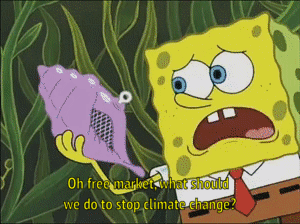Boiling Oceans. The GDP Hit From Heat. The Teen Screen Crisis. The Show I’ve Been Waiting For! – Plus More #202
Grüezi! I’m Adrian Monck – welcome!
–––
1️⃣ 🌡️🌊 Boiling the Ocean 🚨
Not the search for the solution to climate change. The result.
Some people have been dismissing climate science as alarmist, but what if the scientists had underestimated how bad things are.
Don’t get me wrong, no one would actually do anything, but the signs are flashing red th…




